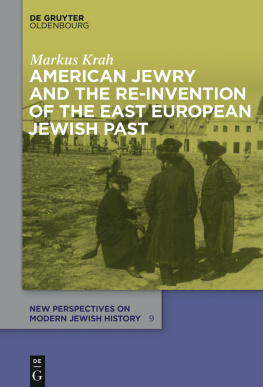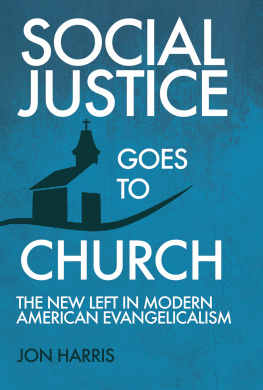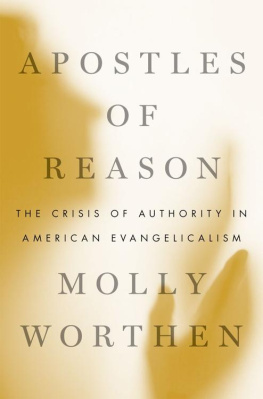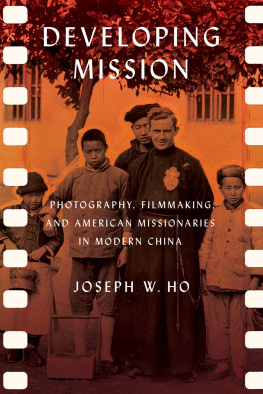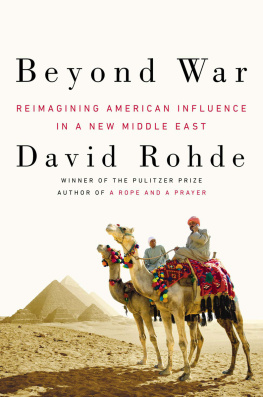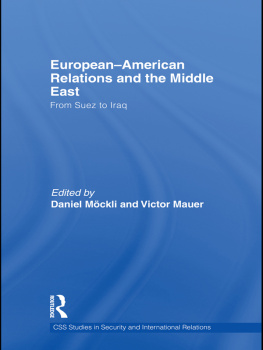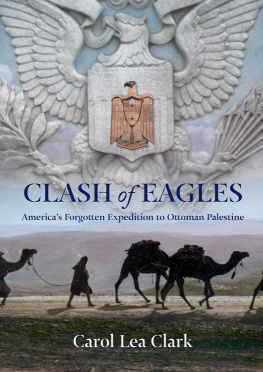Contents
Guide

The author and publisher have provided this e-book to you for your personal use only. You may not make this e-book publicly available in any way. Copyright infringement is against the law. If you believe the copy of this e-book you are reading infringes on the authors copyright, please notify the publisher at: us.macmillanusa.com/piracy.
For
THOMAS CALVIN CARTER,
as always
They were the first Americans to explore the Middle Eastwestern Asia, they called it. They sailed up the Nile and island-hopped in Greece, but it was the Levant, an arc of land lining the eastern Mediterranean, where they spent the most time. For much of the 1820s, they sojourned in the great cities of Smyrna (Izmir), Alexandria and Cairo, Aleppo and Damascus, Jerusalem and Beirut. They made their way between them in caravans crossing the desert and in vessels plying the sea. They tried to master languagesFrench and Italian to converse in cosmopolitan merchant circles and then Turkish or Greek or Arabic to talk with everyone else. They made their first acquaintances with the few other Westerners who passed through or stayed on, most of them British and American naval officers and consuls, merchants and sea captains. Thereafter, they came to meet a wide circle of people native to the regionMuslims, Eastern Christians, and Jews. Of all those encounters, they kept careful records, making daily entries in journals dispatched back to the United States every few months. Newspapers and magazines there printed long excerpts, installments designed to bring many more Americans, if only in the minds eye, to that part of the world.
Whisked over the Atlantic, through the Strait of Gibraltar, and across the Mediterranean, readers might set down anywhere in the Ottoman sultans dominions. It could be on an island off the coast of Turkey, a high range of mountains ridging its length like a great limestone spine, the lowlands fragrant with orange and lemon trees, the mosques ablaze with light, and the cannons booming at sunset to break the Muslims Ramadan fast. It could be on the slopes of Mount Lebanon, which, as they found out, was not a single peak but a multitude of mountains thrown together, and at the foot of one rose the famous cedars, hundreds of them, the largest some forty feet around. Or it could be on the shores of the Dead Sea, its water so bitter that a sip turned the stomach, which made it easy to believe the Bedouins stories about the Apples of Sodom, local fruits that looked luscious but, once split open, crumbled to dust and smoke. What a thrill it was for readers to imagine themselves in such spots, seeing even greater wondersthe ruins of the ancient Egyptians, Greeks, and Romans, the settings of the Bible, the castles of the crusaders. To feature themselves riding donkeys along the coast between Beirut and Jerusalem, sailing a canal boat from Alexandria to Cairo, even crossing the Sinai on camels. To feel almost worldly in the knowledge that this great biblical desert was not so barren after all, because nearly everywhere thistles, grasses, and flowers sprouted from the sand.
The customs of these parts held even more fascination. A clash of cymbals heralded the entry of a Jewish bride to her wedding in Cairo. Mount Lebanons Druze matrons seemed sprung from a race of unicorns, the silver horns of tantours sprouting from their heads, shimmering veils flowing from the tips. Muslim women were harder to spot, but Mussulmen turned up often. One was the spitting image of the Turks depicted in American geography books, this landlord of a village coffeehouse in Asia Minor, lounging on a sofa, with a pipe in his hand and a sword and pistols behind him. More unexpected were the Arab sheikhs of Ottoman Syria who saluted male friends by grasping hands, then put their foreheads together, and smacked their lips but without bringing their faces into contact. Stranger still, scarcely a stones throw from Memphis, the city of the Pharaohs, an idiot man walked about perfectly naked, neither taunted nor molested because Egypts Muslims viewed such people as marabouts or saints who had some peculiar connexion with the Deity. With every turn of the page, more curiosities, delights, and surprises tumbled out of the adventurers dispatches. For many Americans, those reports made up the whole stock of their knowledge of western Asia and for many more, the fodder for dreams and fantasies.
Not even half a century old in the 1820s, the United States had little in the way of profit or power at stake in the Middle East. If many in the West were predicting the collapse of the Ottoman Empire, which encompassed most of the region except for Persia and part of the Arabian Peninsula, its fate chiefly concerned the French, the British, and the Russians. For the United States, strategic and economic investments lay many decades in the future. Petroleum hid deep in desert sands, its presence as unsuspected as its uses. The biggest American business in Ottoman domains was the opium trade, a commerce conducted by expatriate merchants who dispatched the drug from Turkey to China. The piracy practiced by the Barbary States of North Africa prompted occasional flurries of protest between 1785 and 1815, and the fledgling U.S. Navy retaliated with brief campaigns against Tripoli and Algiers. The Greek war for independence from the Ottomans fixed all eyes in the West on the eastern Mediterranean during the 1820s, but Americans did not stand to gain or lose by that conflicts outcome. The United States had no official diplomatic or military presence anywhere in western Asia until the 1830s, and only a few consuls. The Holy Land did not become a popular tourist destination for the affluent and the adventurous until the middle of the nineteenth century.
Insignificant as the early United States material concerns in the Middle East were, spiritual interests in the region ran high. That is what brought the first American explorers and reporters to the Ottoman Empire in the 1820s. They were Protestant missionariesYankee evangelicalsand, by the estimate of many in the early republic, nothing less than a new generation of apostles, successors to the disciples of Jesus. These Palestine missionaries would restore this stronghold of Islam to true Christianity, the faithful believed, and their accounts of converting the Muslim world, like latter-day epistles, would inspire piety and national pride at home.
Events quickly confounded those great expectations. The missionaries won no converts of any faith but instead learned the unsettling truth that the power to win hearts and mindseven among Western Christians in the Levantbelonged entirely to Islam. But if these explorer missionaries left little impress on the Middle East, they made a profound impact on their vast American audience. By both their words and their silences, by what they did and left undone, the Palestine missionaries shaped the ways in which many in the United States imagined Islam and its adherents. In turn, that invention played a key role in the ways in which evangelicals would come to define the character of their own religious movement. More broadly, this first, fateful encounter between evangelicals and the Islamic world heightened the tension between cosmopolitan and crusading impulses in American Christianity and culture. It is a contest that continues to the present, a legacy of the historical paradox that the nineteenth-century evangelical Protestants who sought religious hegemony at home and abroad also took the lead in introducing Americans to a wider world of many spiritual alternatives.


